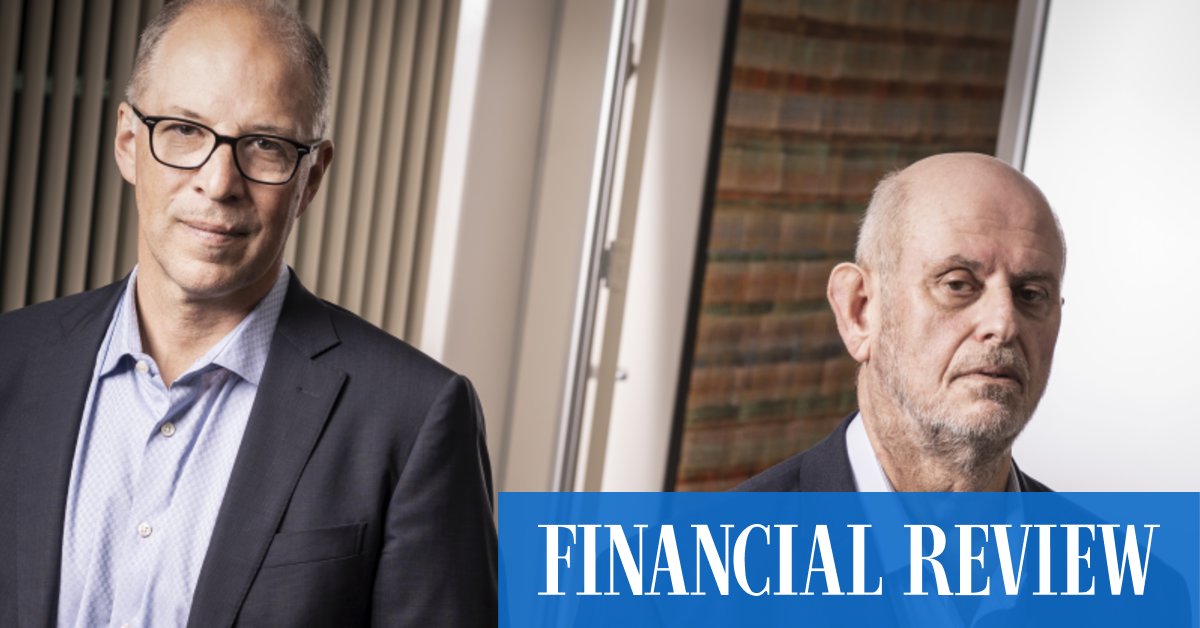‘Impossible to hack:’ The $100m Aussie cyber-security company
“The internet was built not to be secure. There is no identification layer on purpose, as it was designed for sharing everything,” he says.
With no immediate prospect of serious revenue from securing banking applications, in 2016 Elbaum pivoted his technology to tackle a bigger problem – that of assuring identity for all online transactions.
Cyber crime will cost the global economy $US10.5 trillion ($14.4 trillion) annually by 2025, according to a report this month from California-based research house Cybersecurity Ventures. It found an identification breach was at the heart of 85 per cent of online thefts.
To try to prevent such breaches, Elbaum says he took his technology back offline, and armed it with hardware.
VeroGuard developed what it calls a “personal high security card” or “Verocard”‘, which resembles a small pocket calculator, and is set up using Australia Post’s identification protocols.
Users enter their assigned PIN numbers when prompted by an application they are trying to access. Microsoft 365 is already integrated with VeroGuard, as is a tender management platform from Morton Blacketer, which co-ordinates tenders for state governments around Australia.
Elbaum claims his “unhackable” technology removes traditional password and online identity problems, and guarantees a user’s identity online.
He rejects comparisons with the two-factor verification now offered by most online banking portals, where an SMS code is sent to a customer’s phone.
“People suggested we put VeroCard inside the phone, but the phone is the mother of all evils when it comes to cyber security,” he says. “The fact that the phone is not secure is why online banking fraud is such a problem.”
The VeroCard last month received the highest security certification available from the US-based Payment Card Industry Security Standards Council, which Elbaum claimed validated its “ultra-secure credentials”.
A couple of hundred VeroCards are in circulation on a pilot basis, and after winning $14.2 million in grants and loans from the SA government, they are being made by re-trained automotive workers on a 30,000 square metre site in Adelaide’s Edinburgh defence industries precinct.
Larger organisations might pay as…


